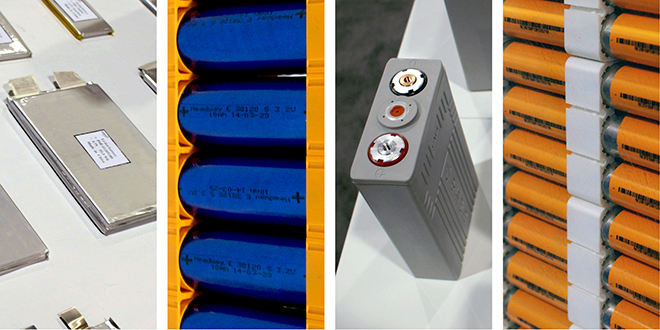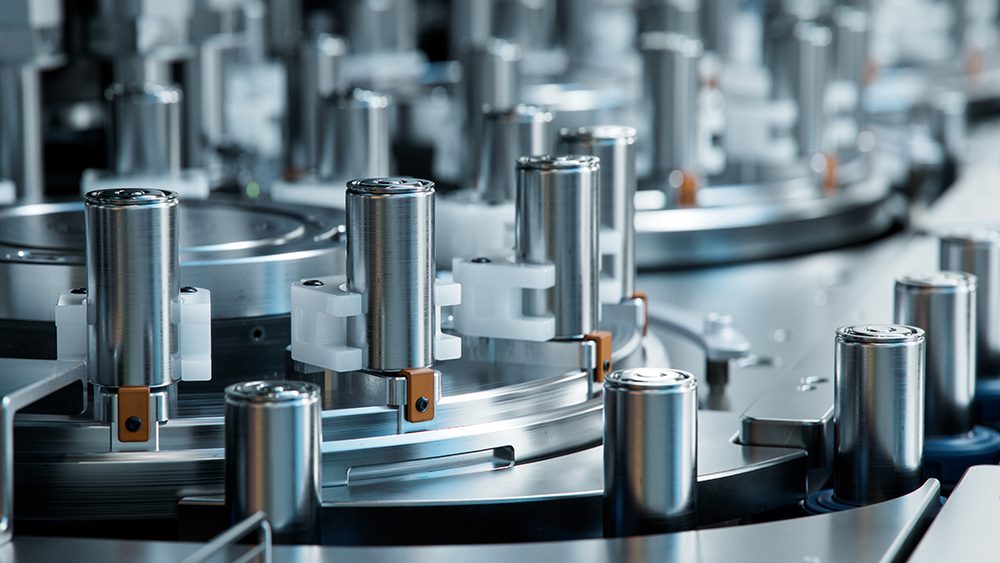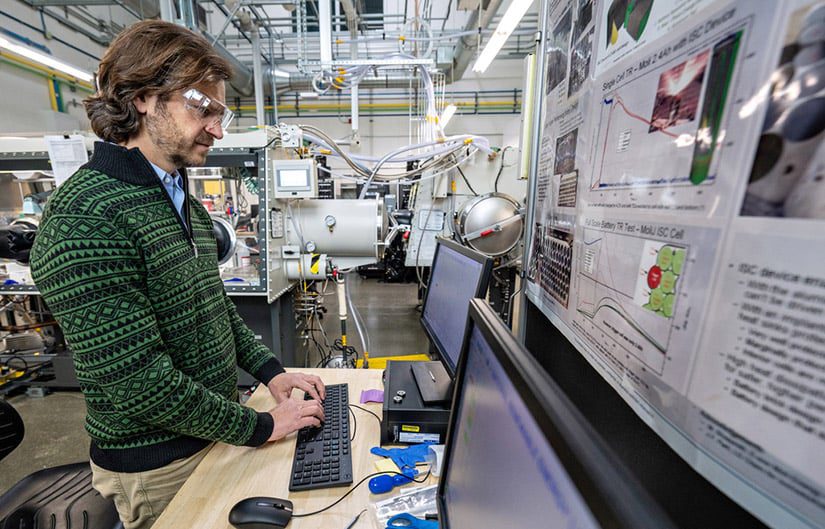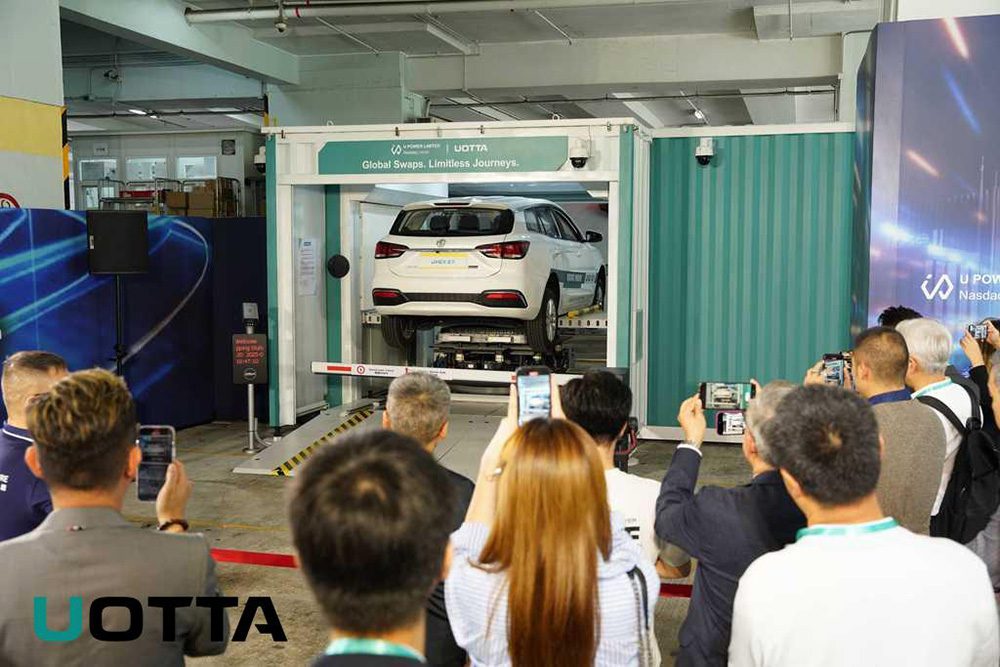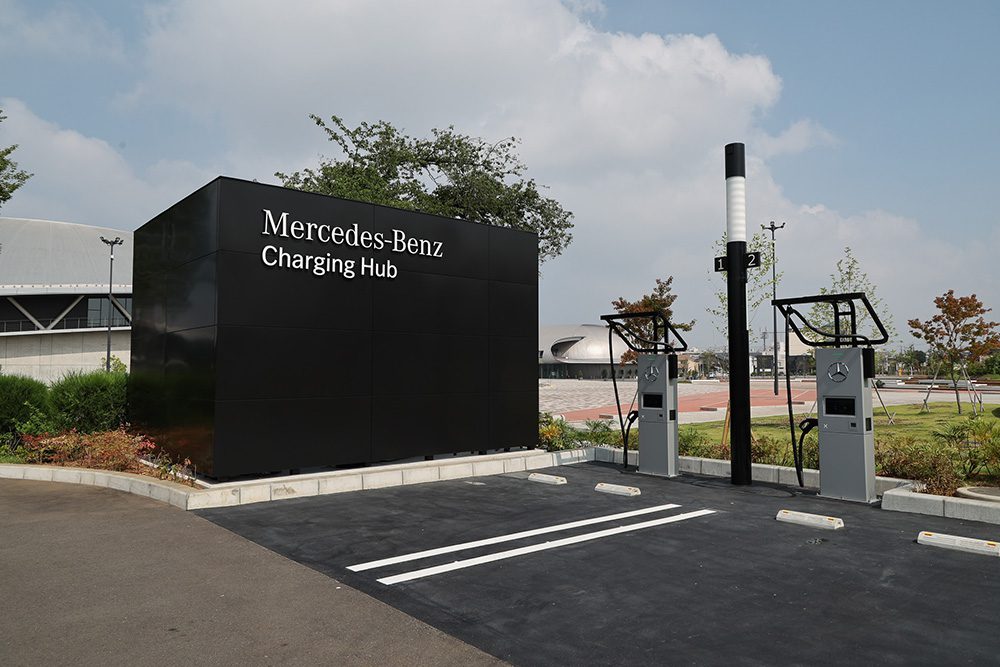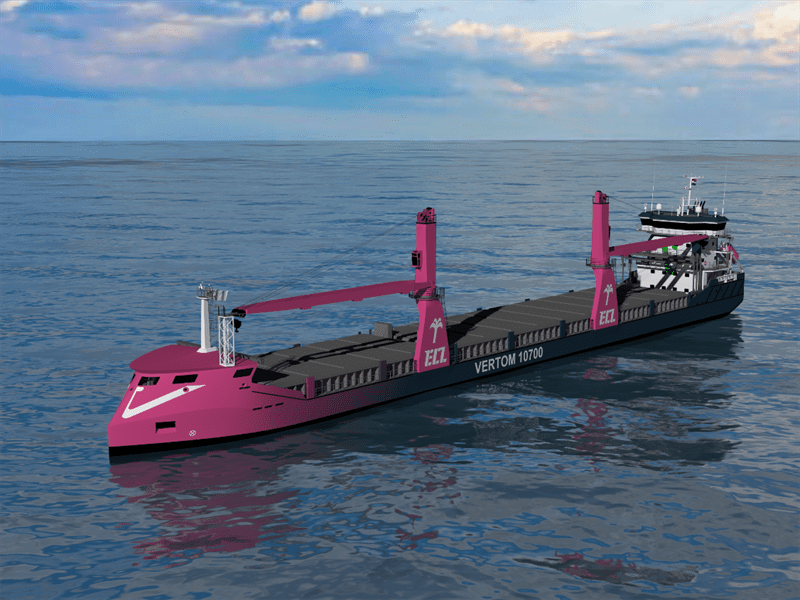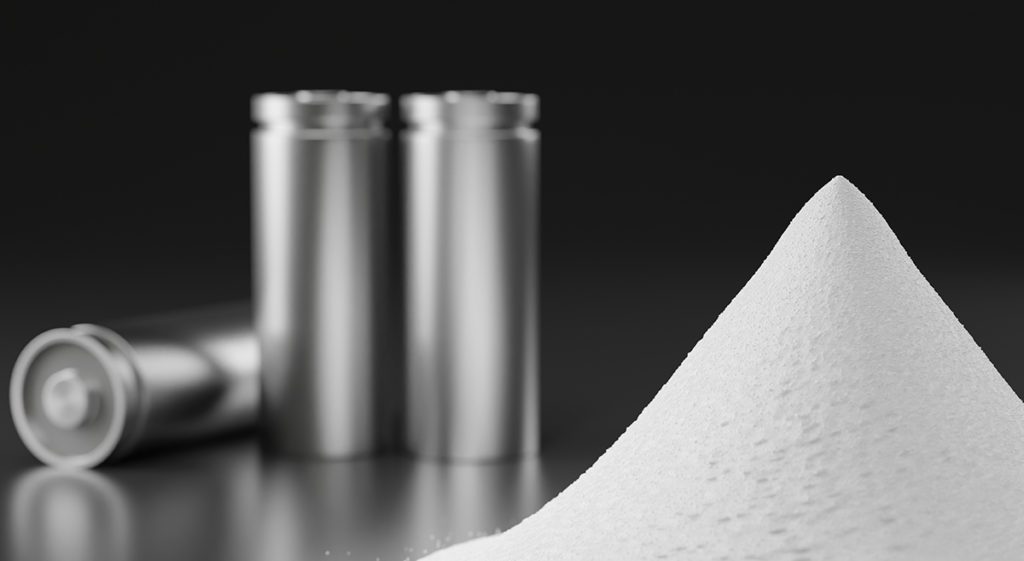The Joint Center for Energy Storage Research (JCESR), a consortium of national labs, universities, and private firms, was founded in 2012 with funding from the DOE with the objective of developing a battery five times more powerful and five times cheaper than the current state of the art within five years.
At the recent Bay Area Battery Summit, JCESR Director George Crabtree discussed the Center’s progress toward the “5-5-5 battery,” and how the Center has had to refine its approach.
Crabtree said that the energy density of Li-ion batteries has increased by a factor of three since their introduction in the 1970s, and can increase another 50-100%, at which point it will hit a physical limit.
“When you think about silicon in the semiconductor industry, gallium arsenide is way better, but we still have a silicon semiconductor industry because it keeps getting better,” said Crabtree. “I think the difference [with Li-ion] is that there is a limit. It’s a question of whether you think that limit is enough for the two industries [vehicles and utility energy storage] to blossom.”
According to Crabtree, JCESR has had to make “lots of strategic pivots,” and investigate technologies other than lithium-ion. “Almost everything you’ve tried in Li-ion has failed, and it failed…because there are a lot of side reactions in a battery that take place, and those side reactions sometimes consume the active ingredient or the electrolyte and limit the lifetime.”
JCESR has been pursuing three “beyond Li-ion” energy storage concepts: multivalent intercalation, which involves replacing singly charged lithium ions with doubly or triply charged working ions; chemical transformation; and redox flow, in which energy is stored in liquid electrodes.
Source: Green Car Congress







